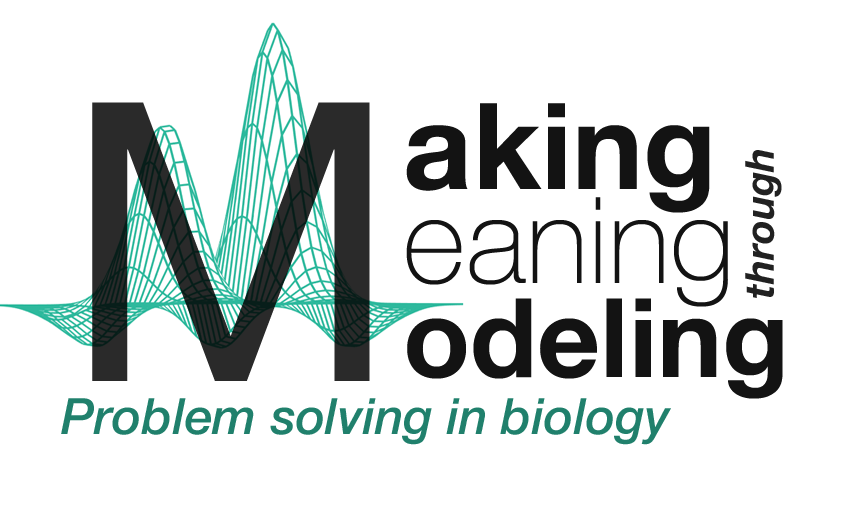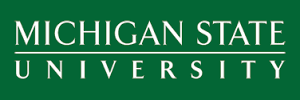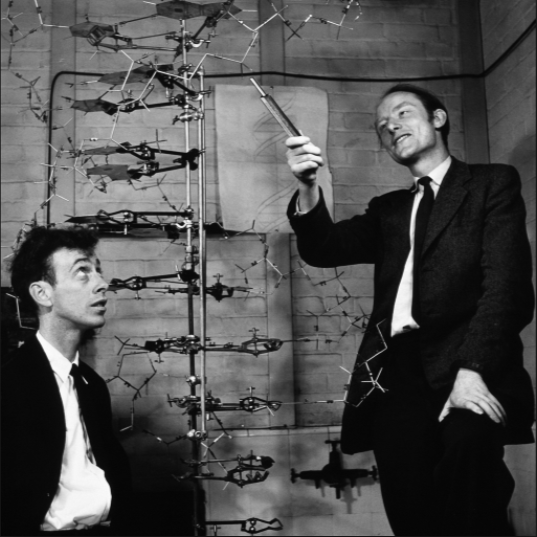
July 23-28, 2017
Michigan State University, East Lansing
The 2018 Summer Workshop is now accepting applications: https://qubeshub.org/groups/summer2018
We all use models in the classroom - visual, physical, mathematical, and symbolic representations abound in the curriculum. But are we making the best use of them as teaching tools? Scientists use models to explore new ideas, delve more deeply into complex phenomena, predict outcomes, explain events, structures and processes, and push past boundaries into the unknown (Odenbaugh, 2005). In a similar manner, students actively engaging with models use scientific concepts to explore complex systems and develop valuable skills in critical thinking, collaboration and communication. Models are an important component of science, however all models are only representations of reality. Effective and appropriate use of a model requires acknowledgement of the model's assumptions and limitations. Using models to teach requires making students aware of both what a model can tell us and what it cannot tell us.
Model building provides an intimate awareness of a model's boundaries and explanatory power. The process of building a model includes deciding which variables and components to include or exclude, testing, tweaking and refining the model and the scientific hypothesis based on information from within and beyond the model itself. The very process of modeling increases our understanding of scientific ideas. Students who experience model building are thrust into the very heart of the scientific process, and are exposed to the trade-offs, lack of information, complexity and uncertainty that are inseparable from authentic scientific practice.
At this summer’s workshop we will explore how to engage our students more productively with models and the process of modeling. Join us as we consider how to enhance the skills students need to understand and build models, how to expand upon models already in our curriculum, and ultimately how to enhance student understanding of the nature and process of science with modeling. The summer workshop is appropriate for faculty teaching all levels of undergraduate biology, quantitative biology, and life science-oriented mathematics, including advanced high school and AP Biology. We will discuss effective pedagogical approaches, share excellent resources, and build community around effective use of models. The intensive week-long workshop is followed by the opportunity to continue to work with colleagues on the QUBESHub through the fall semester to develop and implement new approaches or materials.
BioQUEST has been offering the summer workshop experience for over 30 years. The experience is simultaneously invigorating and exhausting and creates a strong, supportive community of innovative educators. We invite you to participate in this transformative experience and get new and exciting ideas about teaching!
Mathematical Model
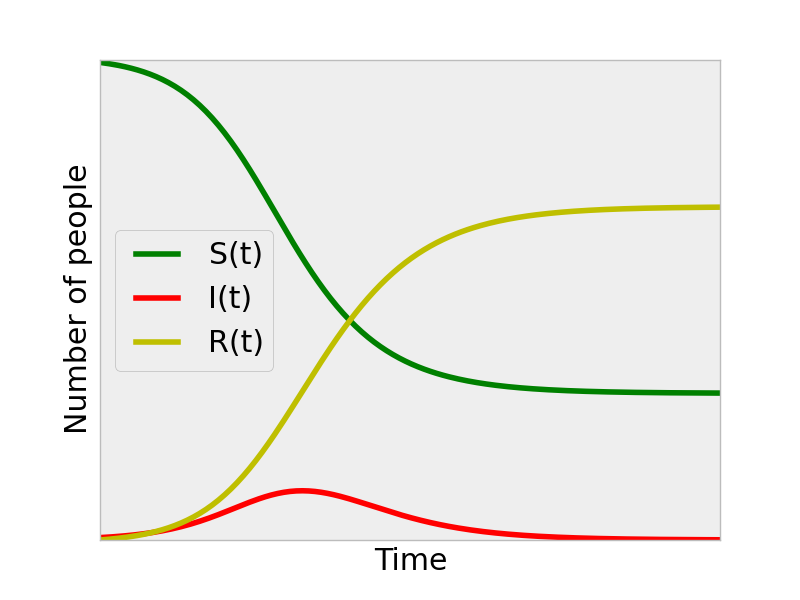
Visual Model
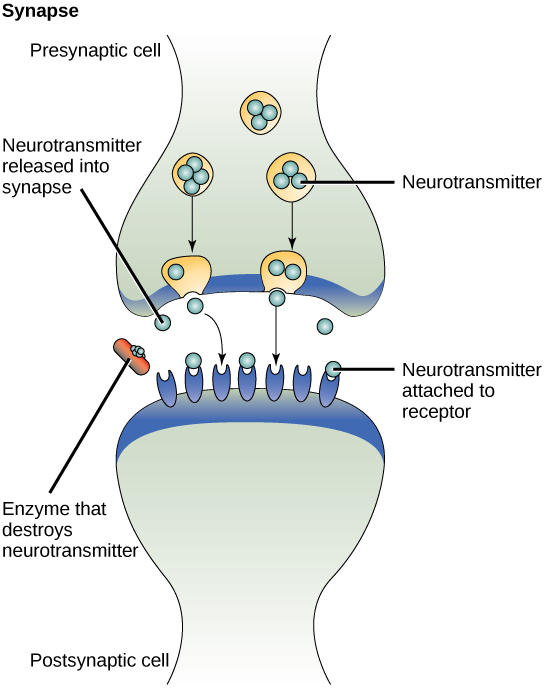
Symbolic Model

Take a look at what's happened at previous Summer Workshops!
Summer 2016, North Carolina State University
Summer 2015, Harvey Mudd College
Summer 2014, University of Delaware
